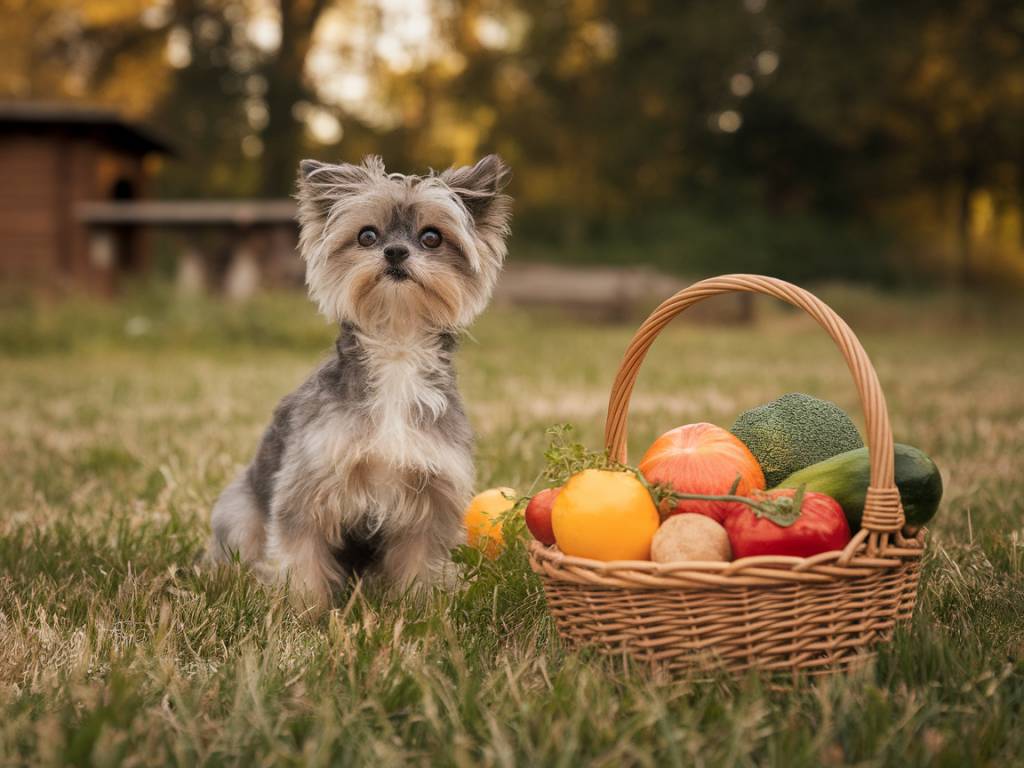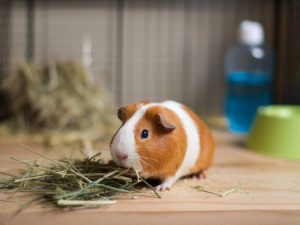natural remedies for digestive issues in small pets: what works and what doesn’t

natural remedies for digestive issues in small pets: what works and what doesn’t
« `html
Understanding Digestive Issues in Small Pets
Digestive issues in small pets like cats, rabbits, and hamsters can be a common concern for pet owners. A change in appetite, unusual bowel movements, and other symptoms can indicate gastrointestinal distress. As responsible pet parents, finding effective and safe remedies to help ease these issues is essential. Natural remedies are attractive because they offer gentle solutions without harsh chemicals. However, not all natural remedies are created equal, and some might not work as effectively as hoped. Here, we’ll explore what works and what doesn’t for managing digestive health naturally in small pets.
What Works: Proven Natural Remedies
Certain natural remedies have been shown to be effective in addressing digestive issues in small pets. These remedies can often be found in your own kitchen or at local health stores.
- Pumpkin: Pumpkin is a well-known natural remedy for both constipation and diarrhea in pets. The high fiber content helps to regulate bowel movements, making it a versatile option for various digestive problems. Ensure you’re using plain canned pumpkin and not the spiced pie filling, as added sugars and spices can be harmful to pets.
- Probiotics: Probiotics are beneficial bacteria that support gut health. For small pets, the right kind of probiotics can improve digestion and strengthen the immune system. Look for pet-specific probiotic supplements or foods enhanced with probiotics.
- Ginger: Known for its anti-nausea properties, ginger can help manage nausea and upset stomach in pets. Small, properly dosed amounts can be given, often in the form of ginger tea or finely grated ginger.
- Slippery Elm: This herb is excellent for soothing the gastrointestinal tract. It can reduce inflammation, protect the lining of the stomach, and ease symptoms of both diarrhea and constipation.
- Fennel: Fennel seeds are effective in alleviating bloating and gas in pets. Preparing a mild fennel tea can soothe your pet’s stomach and support their digestive process.
What Doesn’t Work: Ineffective and Risky Remedies
While some natural remedies have been heralded as miraculous, not all deliver on their promises. It’s crucial to avoid unproven or unsafe remedies.
- Garlic: Some believe garlic can repel parasites, but it is generally unsafe for pets, particularly cats. Garlic can damage red blood cells, leading to anemia.
- Grapes and Raisins: These are highly toxic to pets and should never be used as a remedy. They can cause kidney failure and other serious health issues, even in small amounts.
- Raw Eggs: While some might tout the benefits of raw eggs for coat health, they pose a risk of bacterial infection from pathogens like Salmonella.
- Excessive Fatty Foods: High-fat foods can worsen digestive issues, leading to conditions such as pancreatitis. Fatty food is not a solution to any digestive problem.
Recognizing When to Seek Professional Help
Natural remedies can be beneficial in managing minor and temporary digestive issues, but they are not substitutes for professional veterinary advice. If your pet exhibits severe symptoms such as persistent vomiting, weight loss, blood in the stool, or lethargy, it’s crucial to consult a veterinarian. Moreover, if a remedy seems ineffective after a short trial period, or if your pet’s condition worsens, professional help should be sought immediately. Early intervention can prevent minor issues from escalating into serious health problems.
The Importance of a Balanced Diet
Maintaining a balanced diet is integral to preventing digestive issues in the first place. Ensure your pet’s diet is rich in essential nutrients and appropriate for their species and size. For example, cats require a high-protein diet, while rabbits need a high-fiber diet with plenty of hay. Regularly monitor your pet’s eating habits and adjust their diet as necessary with advice from a vet.
Hydration: A Simple Yet Effective Measure
Proper hydration is vital for digestion. Ensure that your pet has access to fresh, clean water at all times. Dehydration can exacerbate digestive issues and impact overall health. Some pets may also benefit from the additional moisture in their diets, achieved by offering wet food or soaking dry kibble in water.
Stress Management for Better Digestion
Like humans, pets can experience digestive disturbances due to stress. Changes in environment, routine, or the addition of new family members—be they human or animal—can all impact your pet’s stress levels. Create a stable, calm home environment and consider natural calming aids like pheromone sprays or calming supplements if needed.
Monitoring and Regular Health Checks
Regularly monitoring your pet’s digestive health can help catch potential issues early on. Keep track of what they eat, regularity of bowel movements, and any changes in behavior or weight. Schedule routine veterinary checkups to ensure your pet remains healthy and to discuss any concerns you may have about their digestion.
In conclusion, while natural remedies can provide effective support for minor digestive issues, it’s vital to approach them with caution, discerning which are effective and which can be harmful. Always prioritize your pet’s safety and well-being by staying informed and maintaining regular healthcare practices. An attentive approach will help keep your beloved pet happy and healthy.
Lisa Tissed
« `





